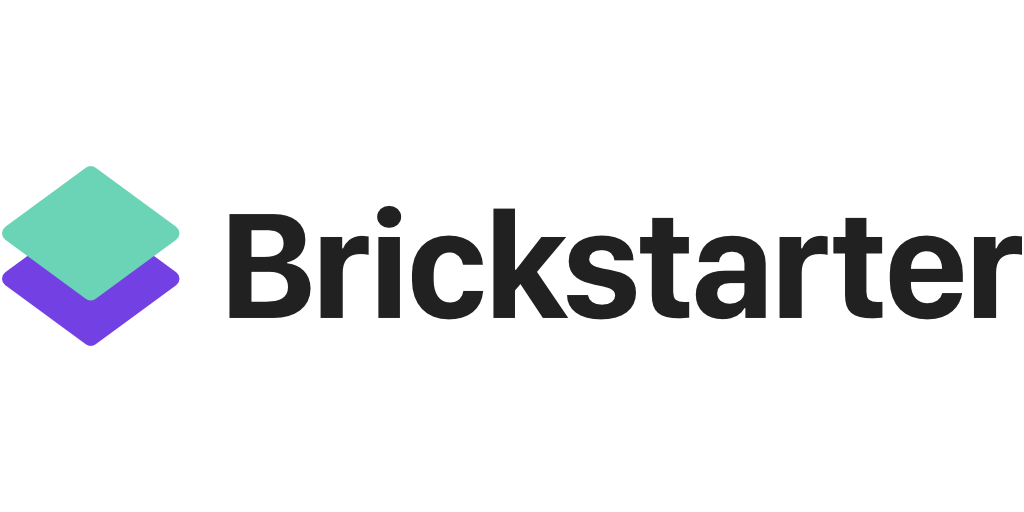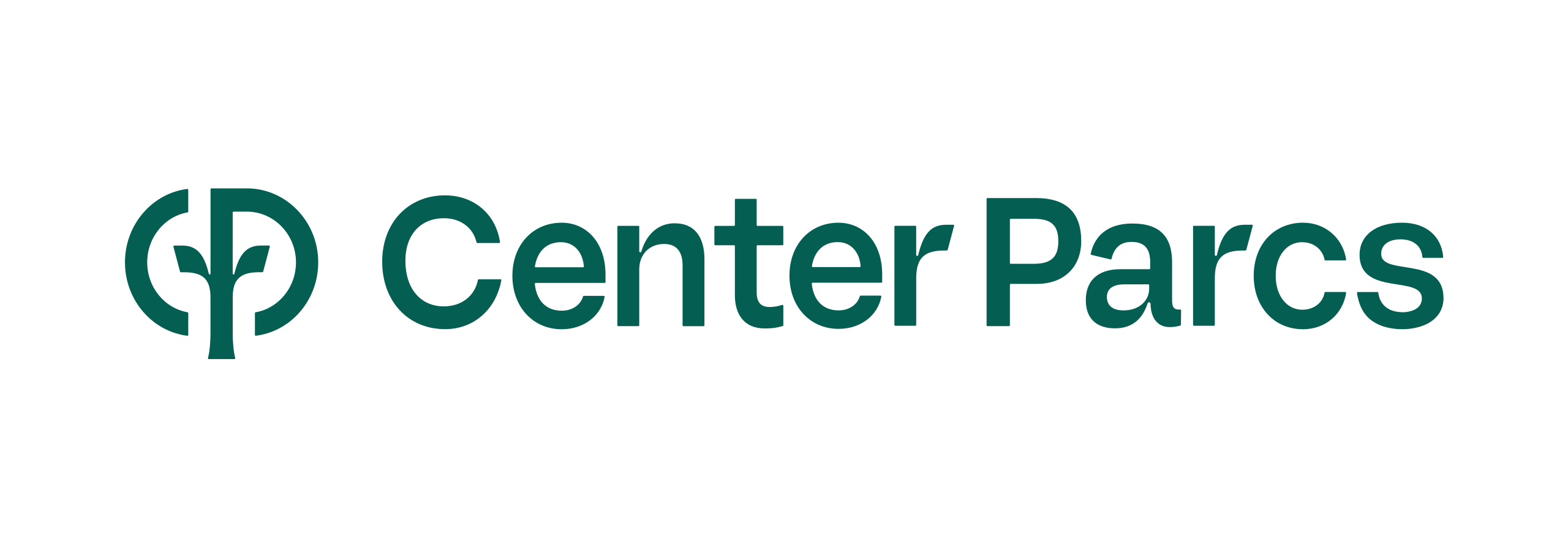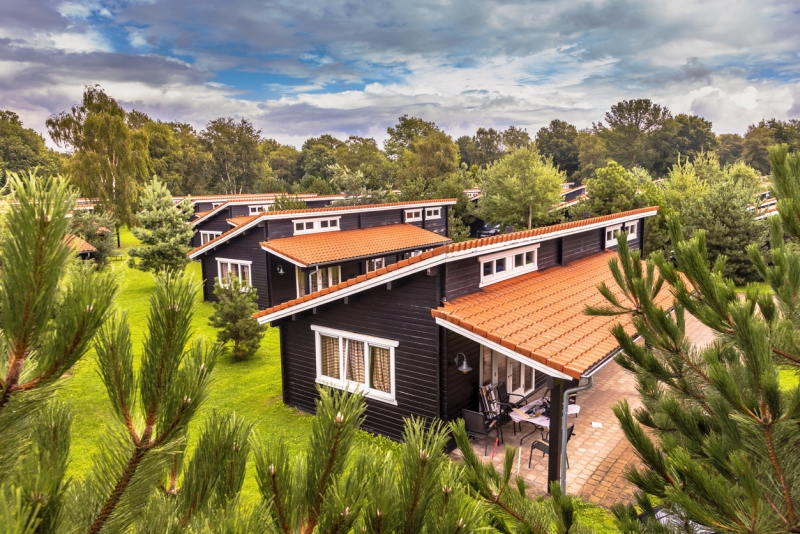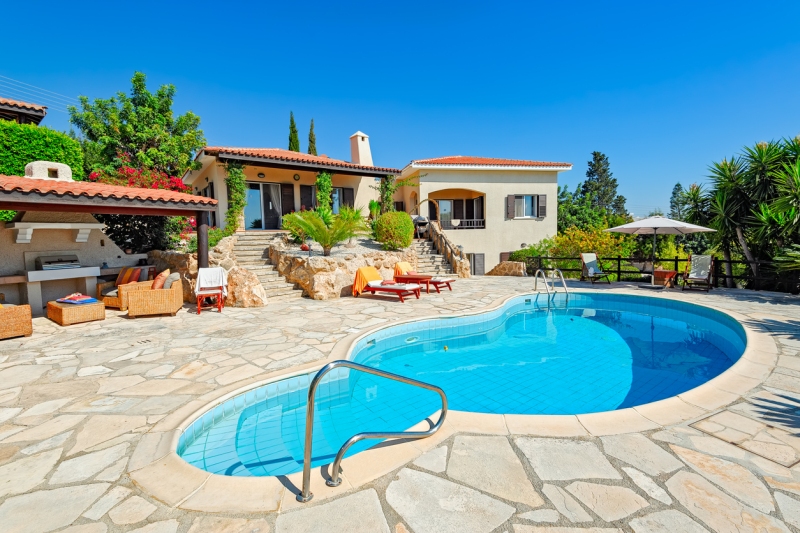Buying a holiday home
Buying your own holiday home and renting it out can be a stable investment, and holiday accommodations sometimes offer attractive benefits for personal use. But investing in recreational real estate also has its risks. How do you find the right property and when is buying a recreational home a smart investment?
Content:
Please note that investing in a vacation home has several risks. In renting in out, taxes and the property itself.
Buying and renting out a holiday home
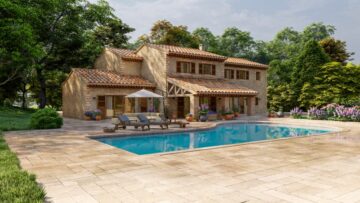 With sufficient capital, buying a vacation home can be an interesting investment. If you rent it out (partially), having your own holiday accommodation can also generate steady returns.
With sufficient capital, buying a vacation home can be an interesting investment. If you rent it out (partially), having your own holiday accommodation can also generate steady returns.
Investing in real estate is a relatively safe investment. As an added benefit, owning a recreational house sometimes provides an extra home to live in.
Offer of holiday homes
You can look for nice houses to invest in yourself. But, you can also buy a chalet at a holiday resort. Many people do this if they want to buy a recreational property domestically. Well-known resorts with a wide range of vacation homes in Europe are:
Brickstarter was founded in 2017 and specializes in vacation rental properties. You can invest on the platform with a minimum amount of 50 euros. With funds from different investors the platform renovates and manages property, eventually renting and reselling it for profits.
Center Parcs offers vacation homes for sale in the Netherlands, Belgium, Germany, France and Spain. It supports owners in management and maintenance. There are vacation homes in several price ranges and Center Parcs says it offers a guaranteed return independent of occupancy rates.
Buying a property at a holiday resort
Many people buy their first holiday home at a resort in their home country. To rent out the property, you will need some facilities. Think of a way to complete the key transfer, a tour, and providing support in case of questions or problems. At a resort, these things are all already taken care of.
There are constructions where you receive a guaranteed minimum return (the first few years) and several rental parties mention a multi-year net return of at least six percent or more. However, this often excludes all costs. Furthermore, not only the cottages on a holiday resort need maintenance, sometimes you also pay for the maintenance of the park itself.
Investing in a vacation home at a resort has advantages, but often comes with additional costs.
Differences between resorts
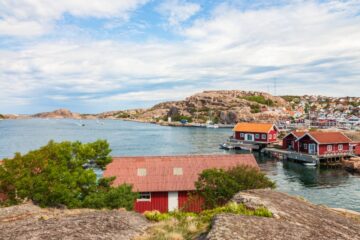 At a holiday resort, all the facilities necessary for renting out a property are fully arranged. And at the same time, resorts are fairly well-known, meaning that there usually is an interest in the cottages. This reduces risks.
At a holiday resort, all the facilities necessary for renting out a property are fully arranged. And at the same time, resorts are fairly well-known, meaning that there usually is an interest in the cottages. This reduces risks.
However, holiday resorts each have their own conditions. For example, some parks allow (limited) personal use of the home, but there are also resorts where the properties are exclusively available to guests.
Not only do revenues from vacation homes vary widely, but so do additional costs.
Real estate investors who buy multiple holiday homes and spread them across resorts thereby limit risks. Yet, the supply of holiday accommodations is not the same everywhere, and there are important differences between holiday resorts. For example, there are parks where landlords share the risk of vacant properties.
Leasehold or owning the land
A holiday home is not always situated on private land. Many resorts work with leaseholds. This means that you buy the house, but pay rent for the land to the holiday resorts. The rent is fixed for a certain period, for example for ten years. After that, the holiday resort can raise the rent.
Investing in a holiday home abroad
Would you like to buy a beautiful detached house abroad and rent it out? Or own a freestanding house by the sea as a second home? Having a holiday home in Spain, Portugal or Greece sounds very appealing.
But getting an overview of available holiday homes in other countries is more difficult. And if you are unfamiliar with the region, it can be hard to determine the value of a property.
As a result, monitoring or maintenance costs are often higher if the property is further away. If you do not know the area, you also run the risk that the holiday home does not really connect with tourists. And tourism could also decline in that area, in the future. There may also be cultural or regional differences in the architectural style, that influence the life span of your property.
Thinking of investing in a holiday home by the sea? Renting it out can provide passive income, but not without risk.
Costs of facilities, cleaning and rentals
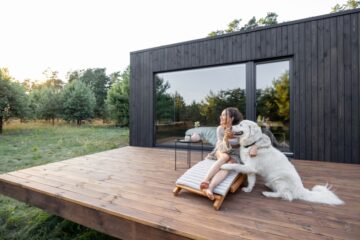 If you are buying a holiday home as an investment, you should look at additional costs. Buying a holiday accommodation comes with the cost of the property, agency fees or financing the purchase. Not to mention gardening, furnishings and facilities.
If you are buying a holiday home as an investment, you should look at additional costs. Buying a holiday accommodation comes with the cost of the property, agency fees or financing the purchase. Not to mention gardening, furnishings and facilities.
In addition, holiday homes often involve dealing with (additional) taxes, insurance and recurring fixed charges of rental, cleaning and maintenance costs.
Rental and cleaning costs
You can look for vacationers yourself, but to rent out your holiday rental, most people use platforms like Airbnb, Booking.com or Vrbo. This comes with costs. In addition, there are costs involved with the reception and key exchange, inspection afterwards and cleaning fees.
During any cleaning after rental periods, minor repairs often already need to be done. Think about stains in the carpeting, humidity patches on walls and ceilings, or the state of the furniture and dishes. The garden can also take a lot of time to do. In addition, sometimes a holiday home needs major maintenance.
Maintenance costs
Especially if the holiday home is older, it needs maintenance and repairs. Much depends on materials used and location. Both rental damage and weather, such as storm damage on the coast or snowfall, can cause wear and tear on a home.
A (brick) stone or concrete house can last a long time, but in some countries houses are made of wood. You can do maintenance and repairs yourself, but you can also hire a caretaker to check the roof, keep up the painting and gardening, or check the holiday cottage for pests, for example.
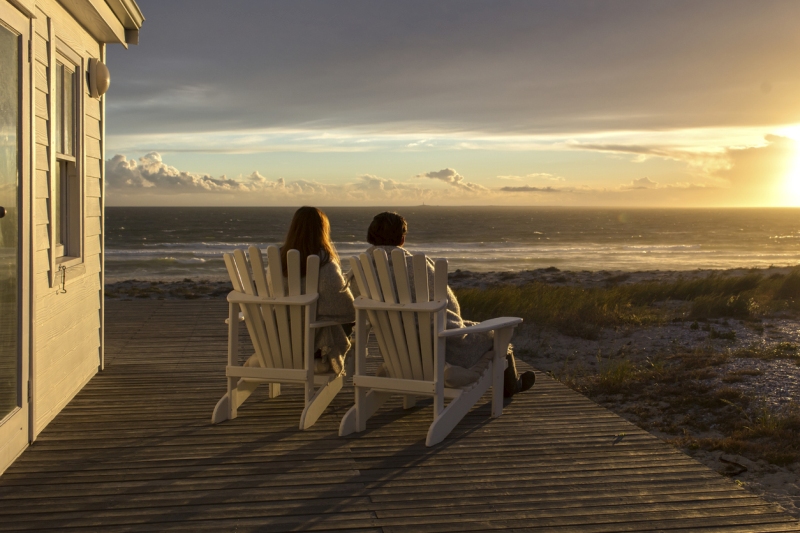
Financing a holiday property
If you want to buy a holiday home, financing it will have to come from your own money. Sometimes you can partly finance it with excess value on your own residential house. To buy a vacation home you often cannot take out a regular mortgage. Many banks do not finance recreational or properties abroad.
Recreational property falls under business financing. If you buy a home to rent out, the mortgage interest is not tax deductible and financing for a recreational home without residential use is usually limited to a maximum of 70 percent of the home value. It is also at higher interest rates than consumer mortgages.
Buying a holiday home costs a lot of money before you can turn it into a profitable investment.
Return on holiday rentals
Investing in luxury detached vacation villas with a unique location by the sea or close to a tourist region sounds appealing, but it can take a long time to recoup this investment.
On average, the return on a recreational property is between 5 and 25 percent. However, returns on holiday homes vary widely.
When investing in a holiday property, it is important to carefully consider its location, rental and financing costs, and taxes.
- Location: the location of a vacation rental affects the return on investment. If you rent out a holiday home in a popular vacation destination, you can charge a higher rent and the occupancy rate is usually better.
- Rental costs and personal use: returns on a holiday property will be higher if you rent it out full-time. However, many owners also want to use it themselves from time to time.
- Maintenance costs: a rental property needs maintenance. These costs will also influence your return on investment.
- Mortgage: if you want to buy a holiday home but cannot (fully) finance it yourself, you will need a business mortgage. Interest on a rental property is often higher and the maximum loan lower.
- Taxes: owning an additional property will influence the amount of taxes you need to pay. Depending on the country and location where your holiday property is lcoated, there may be other taxes and levies in place. For example, a property or tourist tax.
The return on investment of buying and renting out your own holiday home depends on many factors.
Buying property as a business or privately
 As with other forms of investing, you can buy a holiday property privately or professionally, but you should know that the differences with a holiday accommodation do go further. A broker or financial advisor can advise on this.
As with other forms of investing, you can buy a holiday property privately or professionally, but you should know that the differences with a holiday accommodation do go further. A broker or financial advisor can advise on this.
If you buy a recreational property, the VAT on the purchase is only tax deductible in certain cases. A tax professional, accountant or real estate expert can indicate whether you qualify for this and what steps you need to take.
Risks of buying a recreational home
Unless you have a lot of money to spend, it is difficult to build a diversified investment portfolio this way. With one or a few recreational homes, risk diversification is difficult, and financing multiple homes requires a lot of capital.
Income from a holiday rental can also be disappointing. For example, because the rental of the home lags behind, additional costs are higher. Or the eventual sale of the holday home can yield less than expected.
Frequently asked questions
Some frequently asked questions about buying your own holiday property are:
Where can I buy a holiday property to rent out?
Abroad, you can sometimes find holday homes in the most beautiful locations. You can use real estate agents, but you can also look for a nice holiday property yourself. If you want to buy a holiday home to rent out, you can also look at what is on offer at holiday resorts.
What is the return on a holiday property?
The return on holiday homes is very variable. Buying a property abroad is a good investment if the house is in a good location and you can rent it out regularly at a good rental rate. On average, the return is between 5 and 25 percent.
But just because it is an ideal vacation home for you does not necessarily mean that other vacationers feel the same way. As you buy a vacation home as an investment, the location, owner use and things like rental or financing costs are important. Look carefully at costs and potential income before deciding whether a vacation home is a good investment for your particular situation.
